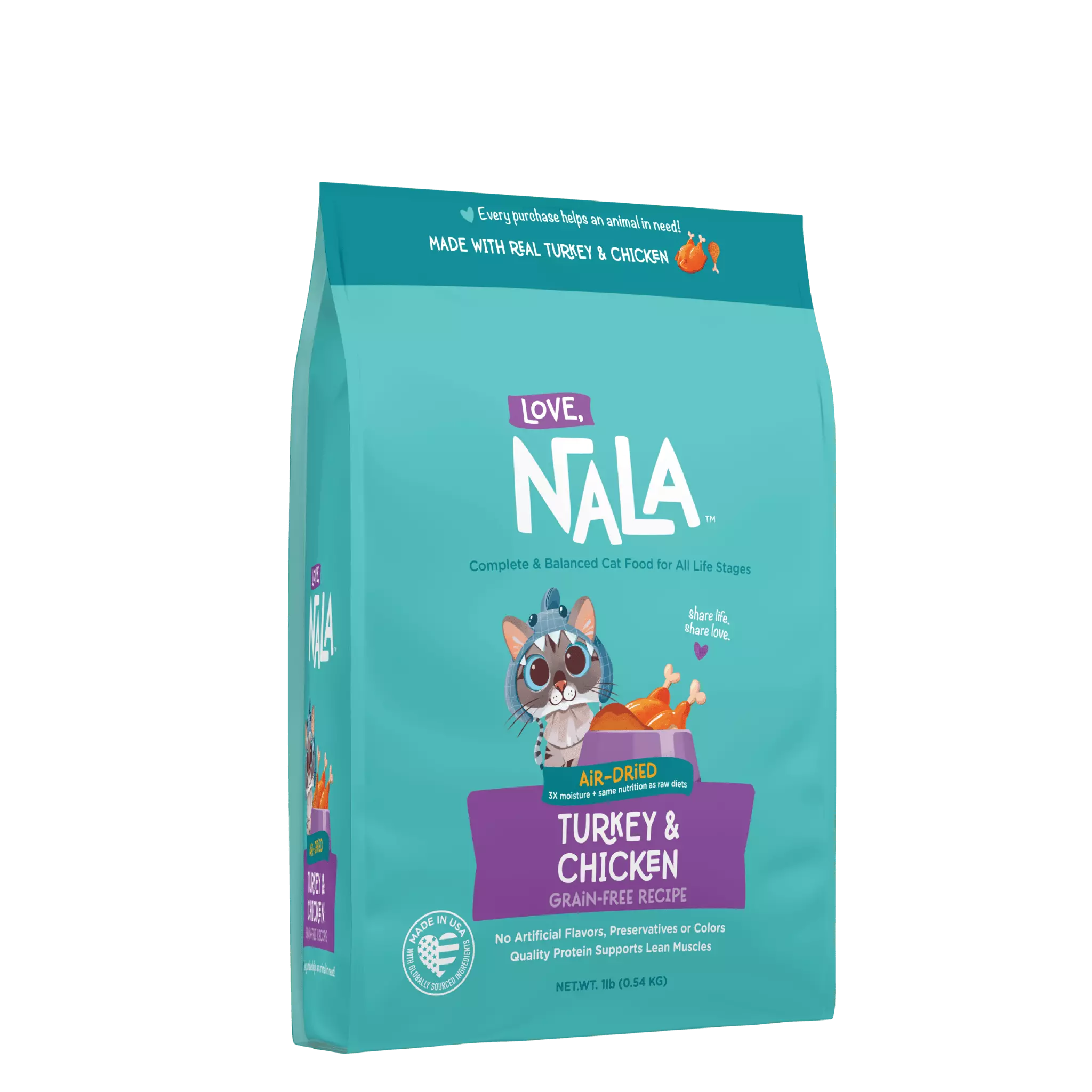As cats age, their needs and health requirements change. Senior cats, typically defined as cats who are ten years and older, require special attention and care to ensure they enjoy a comfortable, happy, and healthy life in their golden years. Understanding the unique health considerations, both physical and mental, for senior cats and implementing appropriate strategies can significantly improve their quality of life and keep them happy and healthy as long as possible.
You may notice that your cat is starting to look different. Their coats often become thinner and their nails thicker. Their irises change colors or develop speckles. They may appear more hunched than in their younger days or more gaunt. These are all common signs of aging.
Common Senior Cat Issues
Reduced Activity: Senior cats tend to be less active than their younger counterparts. They may spend more time resting and sleeping and less time playing or exploring.
Arthritis: Arthritis and joint stiffness are common in senior cats, which leads to decreased mobility and activity as well as discomfort. Arthritis in cats occurs mainly in the hips, knees, elbows, and shoulders, which makes it much more difficult and painful to jump.
Dental Issues: Dental problems, such as gum disease and tooth decay often occur more frequently in older cats. Maintaining your cat’s dental health with annual dental cleanings is crucial as oral issues can lead to other medical issues.
Weight Loss or Gain: Senior cats may experience changes in weight, with some becoming overweight due to decreased activity levels and others losing weight due to health issues.
Behavioral Changes: Senior cats may exhibit changes in behavior such as increased vocalization, changes in litter box habits, or changes in personality.
Cognitive Decline: Cats can experience cognitive decline, much like dementia, and suffer from confusion, disorientation, and altered behavior. They may walk around aimlessly or stare at the wall. They also may become more vocal, especially at night when they can easily get lost or disoriented in the dark.
Kidney Disease: Chronic kidney disease is common in senior cats and requires regular monitoring, a special diet, and supportive care and medication.
Heart Disease: Many seniors develop heart disease, which requires medication, routine vet visits, and potentially cardiology appointments and echocardiograms.
Diabetes: Senior cats can develop diabetes, which requires insulin injections, a special diet, and regular vet visits and monitoring of their glucose levels. Symptoms include drinking more water, peeing more often, and losing weight despite eating more.
Hyperthyroidism: Overactive thyroids are also common in seniors and lead to weight loss and rapid heart rate. This condition requires medication and close monitoring of both the thyroid and heart.
Tips for Caring for a Senior Cat
Veterinary Exams: Schedule regular exams with your veterinarian to monitor your senior cat's health, detect any underlying issues early on, and adjust their care as needed. Twice a year vet exams are typical for seniors as well as annual blood work. When you notice behavioral changes, see the vet as soon as possible. You want to catch any diseases early on while they’re easier to manage.
Dental Care: Brushing your cat's teeth regularly and providing dental treats can also help maintain oral health in between dental cleanings.
Senior Diet: Consider feeding them high-quality cat food specifically for seniors that supports joint health, digestive health, and overall well-being or add supplements like omega-3 fatty acids or joint supplements to their diet.
Hydration: Encourage adequate hydration by providing fresh water in multiple locations. Dehydration is a common concern in senior cats.
Weight Management: Monitor your cat's weight and body condition regularly. Maintaining a healthy weight is crucial for senior cats to prevent obesity or excessive weight loss.
Accessibility: Consider pet ramps or steps to help your cat reach elevated areas like couches and beds more easily. Try elevated food and water bowls so your cat can stand and eat if they have joint pain.
Mental Stimulation: Provide toys and puzzles that encourage mental stimulation like puzzle feeders and treat-dispensing toys.
Grooming: If your cat is unable to groom themselves as well as they used to, you may have to step in and help them out. Brush them in the places they can no longer reach and they will be very grateful. Regularly give them nail trims every few weeks. An elderly cat may not use the scratch post anymore so their nails may be sharper or longer than they used to be.
Monitoring Behavioral Changes: Take note of any changes in your cat's behavior, appetite, litter box habits, or activity levels. These changes could indicate underlying health issues that require immediate medical attention. Remember, cats are experts at hiding pain and illness. Eating less or more than usual is a great reason to schedule a vet visit.
Watching your cat age can be sad and confusing, but it doesn’t have to be. By knowing what to expect, implementing appropriate care strategies, and addressing any health issues promptly, you can help to ensure that your cat enjoys a comfortable and fulfilling life in their golden years. Taking a proactive approach to their health and well-being is essential - routine veterinary and dental exams, nutritious food, physical exercise, and mental stimulation, along with plenty of love and care - will help your cat thrive for years to come.
Love, Nala














